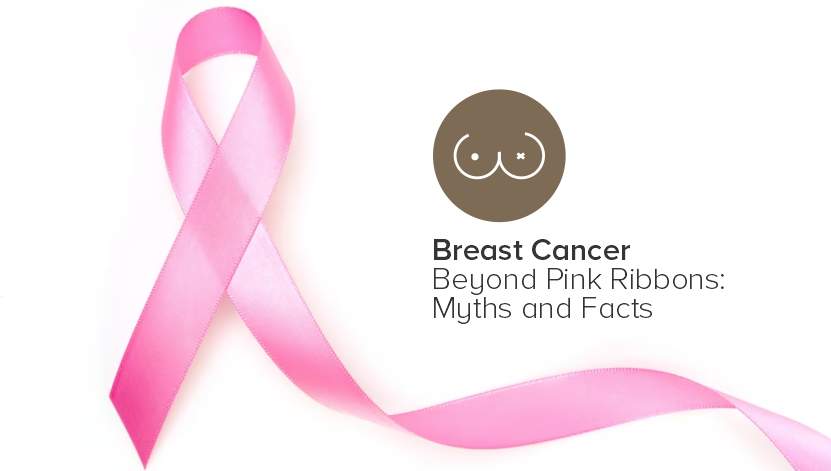Breast cancer is a serious medical issue that affects a significant number of women all over the world. It is the most commonly diagnosed cancer in women and has been perpetuated by the “pink ribbon” campaign. However, there are many myths associated with breast cancer that need to be busted.
